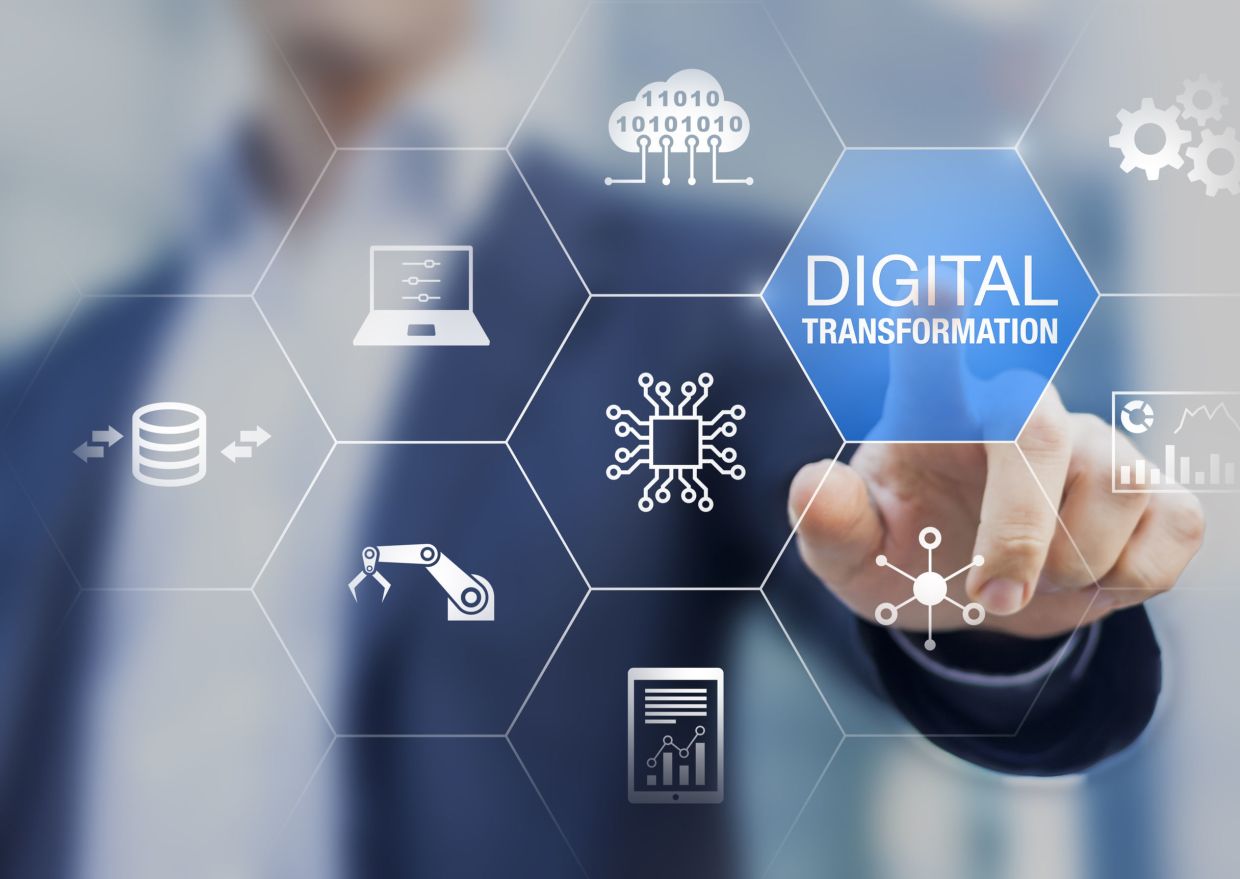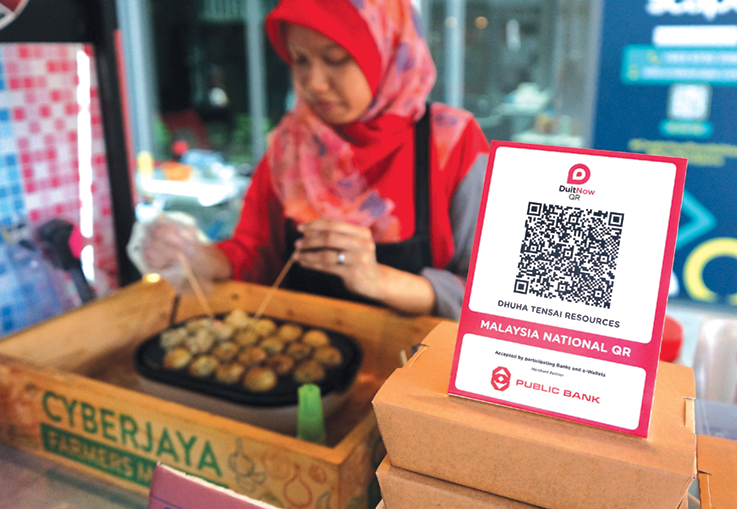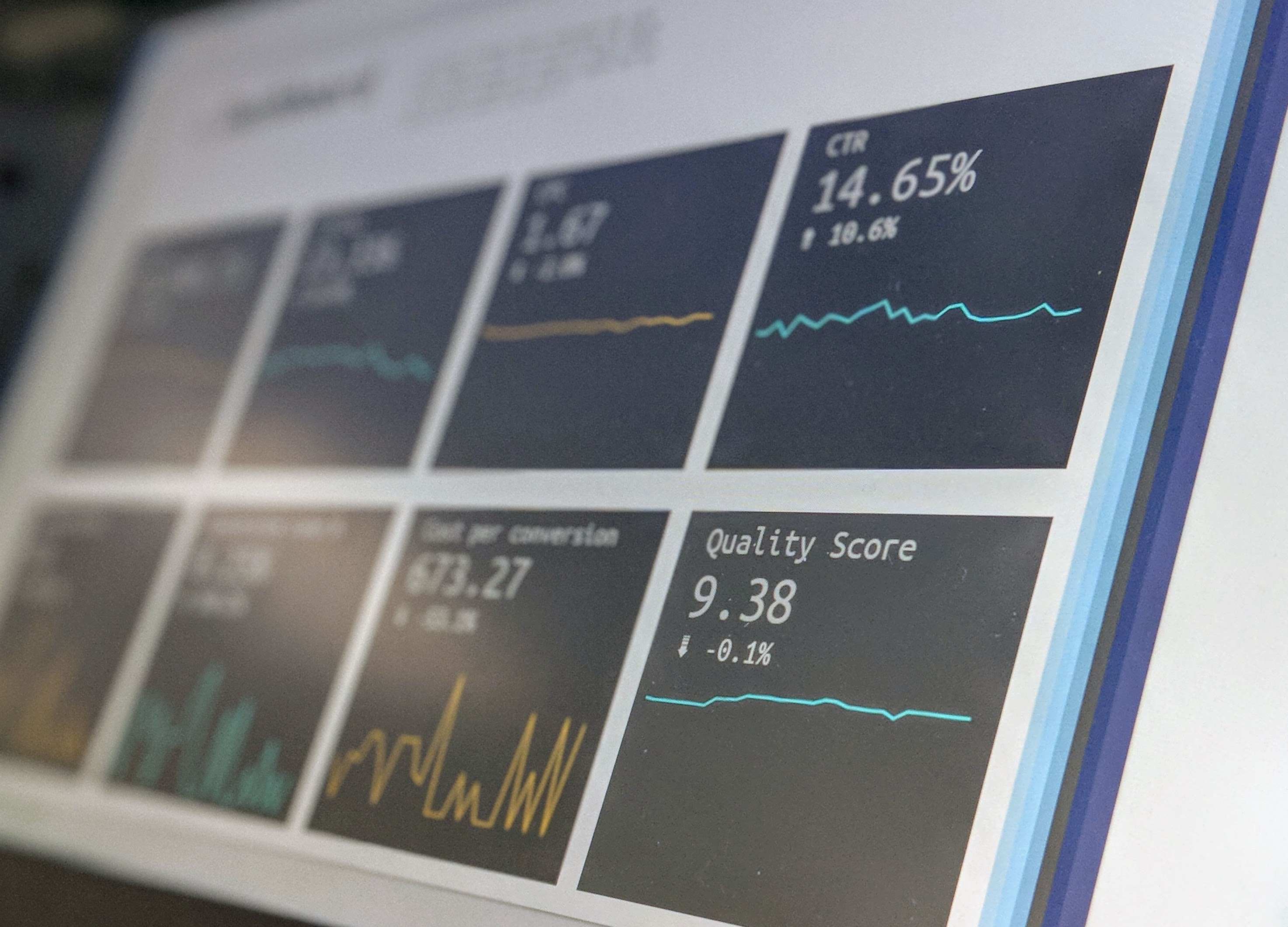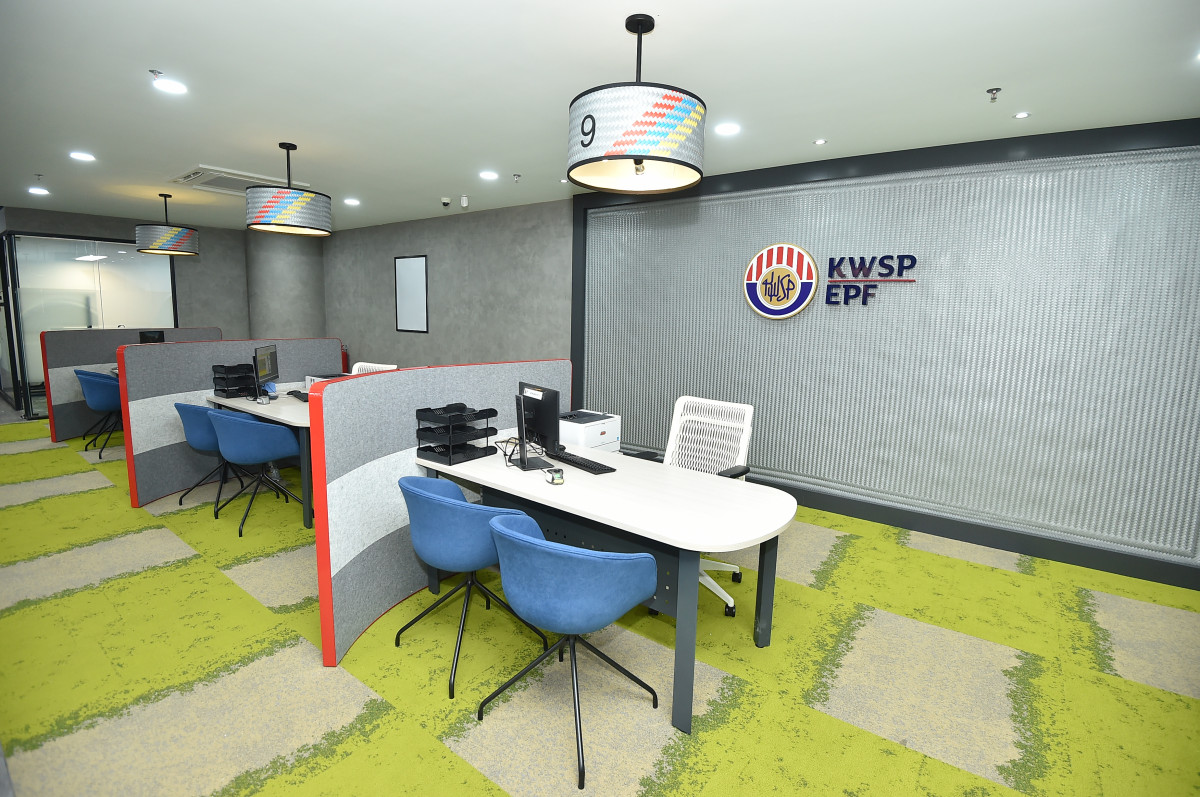What Is The Govt's MyDIGITAL Initiative & How Will It Affect Us In The Long Run?
With the goal of transforming Malaysia into a digitalised country by 2030, the government has laid out consolidated initiatives that will take place in three phases.
Technology has advanced rapidly over the years, with many countries becoming more digital to keep up with the ever-changing, fast-paced industry
We see more countries adopting e-payments, logistics companies using drones for delivery, restaurants having robot servers, and even supermarkets offering self-service cashiers.
This is because going digital reaps plenty of benefits, ultimately helping people, businesses, and even the government to save costs and enjoy a more convenient lifestyle in the long run. Additionally, a digital transformation also helps to create more business opportunities, and enables a country to easily keep up with the changing demands in the market.
With the goal of transforming Malaysia into a digitalised country by 2030, the government launched MyDIGITAL in 2021
A long-term national initiative, MyDIGITAL aims to successfully transform Malaysia into a digitally-driven, high-income nation, as well as to become a regional leader in the digital economy.
To achieve this, the initiative will take place through three significant phases — Phase 1 (2021 - 2022), Phase 2 (2022 - 2025), and Phase 3 (2025 - 2030). These phases will comprise consolidated initiatives and target outcomes, which will benefit Malaysians, businesses, as well as the government along the way.
This means that Malaysians will enjoy an improved standard of life, businesses will fully optimise their resources, and government offices will be able to provide more efficient and effective services.
To ensure that the MyDIGITAL initiative runs smoothly and is able to achieve its target outcomes throughout the three phases, the government has set up specific objectives
Check out the objectives the government intends to fulfil:
- Encourage industry players to become creators, users, and adopters of innovative business models under the digital economy
- Harness human capital that is able to thrive in the digital economy
- Nurture an integrated ecosystem that allows society to adopt a digital economy
To support the objectives, and the overall vision of the MyDIGITAL initiative, the government also came up with six key thrusts, each helping to guide the strategic direction of the country's digital transformation
Here are the six main digital thrusts:
- Drive digital transformation in the public sector
- Boost economic competitiveness through digitalisation
- Build enabling digital infrastructure
- Build agile and competent digital talent
- Create an inclusive digital society
- Build a trusted, secure, and ethical digital environment
Besides that, the government will also be rolling out sectoral initiatives to grow the digital economy in four sectors — agriculture, construction, manufacturing, and services.
With the objectives and digital thrusts laid out, here's how the MyDIGITAL initiative will impact Malaysians, businesses, and the government throughout the three phases:
Phase 1 (2021 to 2022)
This phase aims to accelerate the country's digital adoption in order to ensure a smooth and rapid rollout of Phase 2.
Placing more emphasis on the government for this phase, the initiative intends to digitalise government services. This includes transforming the Malaysian Administrative Modernisation and Management Planning Unit (MAMPU) to become an agency that can drive digital transformation in the public sector. Additionally, the government also hopes to back up 80% of cloud storage across all services in 2022, push for all ministries and agencies nationwide to provide cashless payment options in 2022, and more.
Aside from prioritising the digitalisation of government services, Phase 1 will also see the government promoting a cashless lifestyle, rolling out high-quality broadband services, and more for Malaysians.
Phase 2 (2023 to 2025)
As the country becomes more digitally-driven, Phase 2 will shift MyDIGITAL's focus to driving digital transformation and inclusion across the digital economy, which will be done by concentrating more on the rakyat and businesses.
This will allow for the creation of 5,000 new startups, teachers being able to use technology in teaching and learning, all schools having Internet access, all students owning an e-learning device, improved employability and provision of social protection for gig workers, and more.
Additionally, the government expects to achieve 80% end-to-end online government services, getting 100% of civil servants to be digitally literate, and more.
Phase 3 (2025 to 2030)
The final phase will chart a robust and sustainable growth pathway, with the government hoping to position the country to become a regional market producer for digital products and solutions.
The government expects a 30% uplift in productivity in businesses, and aims to accumulate RM70 billion worth of investment by 2030. Additionally, the government hopes to be a data-driven entity, so that they can provide efficient service delivery for Malaysians.
By 2030, the rakyat can also expect to see increased cyber security awareness, as well as 60% of cybercrime cases that can be prosecuted.
In accordance with Phase 1 of the initiative, over 57 government agencies such as the Road Transport Department Malaysia (JPJ), Employees' Provident Fund (EPF), National Higher Education Fund (PTPTN), and more have gone cashless since July 2021
Thanks to PayNet, the national provider of financial market utilities, government agencies will provide cashless payment options, which include JomPAY, MyDebit, FPX, DirectDebit, and DuitNow QR.
To help boost Malaysia's digital economy, PayNet aims to build inclusive, accessible, and efficient payments and financial eco-systems for the country,
So, with an extensive range of payment options, this means that you will no longer have to carry big bulks of cash or make an effort to visit your nearest government agency.
To encourage Malaysians to opt for e-payments online or at government agencies, PayNet is giving away RM10,000 each to 100 lucky winners!
From now until 31 May, all you have to do is make e-payments over the counter or online at selected government agencies to stand a chance to win. The best part is that there is no minimum spend required at all.
Check out the list of e-payments* you can use in order to participate in the contest:
- MyDebit (your ATM card)
- FPX
- JomPAY
- DirectDebit
- DuitNow QR
*Not all services are available at government agencies.
Here's a full list of the participating government agencies:
- Royal Malaysian Customs Department (JKDM)
- Immigration Department of Malaysia (JIM)
- Road Transport Department Malaysia (JPJ)
- National Registration Department (JPN)
- Royal Malaysia Police (PDRM)
- Ministry of Health Malaysia (KKM)
- Inland Revenue Board of Malaysia (LHDN)
- Employees' Provident Fund (EPF)
- Ministry of Housing and Local Government (KPKT) via PBT
- Federal Court of Malaysia
- Social Security Organisation (SOCSO)
- Fire and Rescue Department of Malaysia (BOMBA)
- Malaysia Department of Insolvency (MDI)
- Department of Survey and Mapping Malaysia (JUPEM)
- National Higher Education Fund (PTPTN)
- Office of the Director of Lands and Mines of the Federal Territory (PPTGWP)
- Council of Trust for the People (MARA)
- Ministry of Education (MOE) via Board of Examination
- Ministry of International Trade and Industry (MITI)
- Hospital UiTM Puncak Alam







